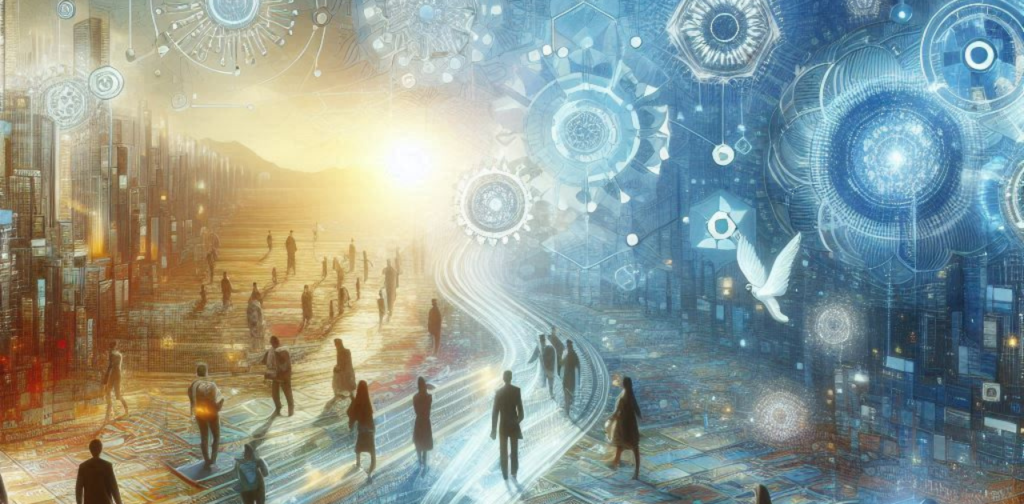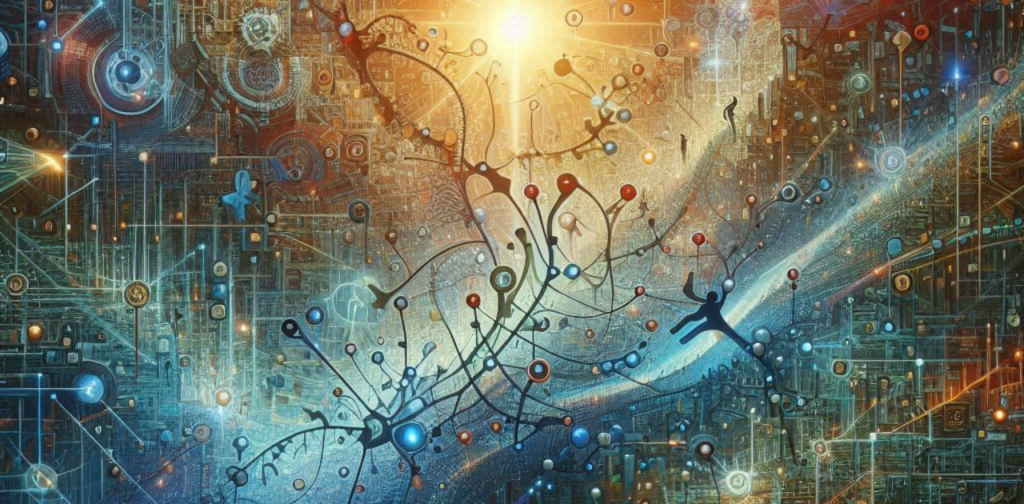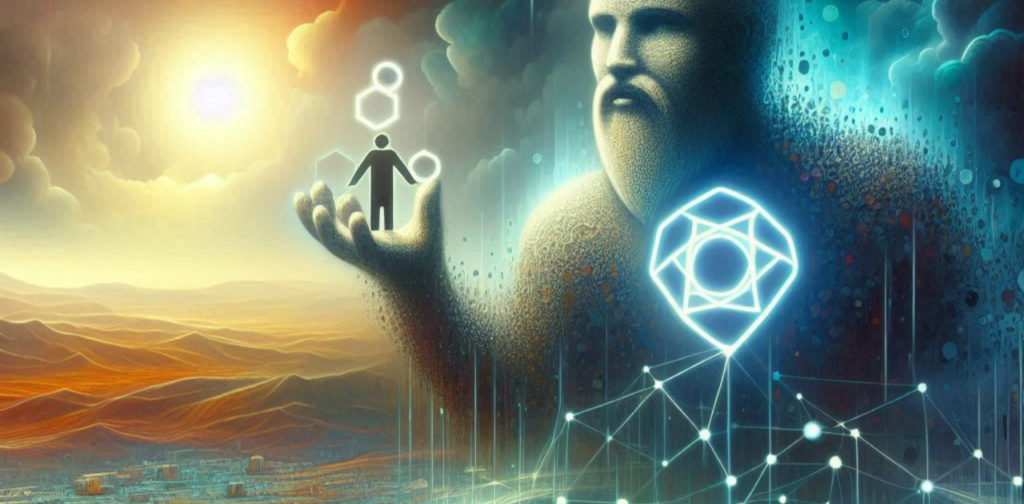Contents
The Rise of the DAO: Reimagining Collaboration Through Decentralized Governance
The way we organize and make decisions is undergoing a transformation driven by blockchain technology. Decentralized autonomous organizations (DAOs) are emerging as a new paradigm for collaborative governance, offering a transparent, community-driven alternative to traditional hierarchical structures.
DAOs: A Disruptive Force in Collaboration
DAOs are essentially internet-native organizations that are collectively owned and operated by their members. They leverage smart contracts, self-executing code on the blockchain, to automate tasks, manage treasuries, and facilitate voting on proposals. This eliminates the need for centralized leadership, and promotes a more equitable and distributed decision-making process.
- Key Principles of DAOs:
- Decentralization: No single entity controls a DAO. Power is distributed among token-holding members.
- Automation: Smart contracts automate tasks and enforce rules, reducing reliance on human intervention.
- Transparency: All transactions and decisions are recorded on the public blockchain, increasing trust and accountability.
- Community-driven: The power to propose and make decisions lies with the DAO’s membership.
Table: Comparison of Traditional vs DAO Governance
| Characteristics | Traditional Organization | DAO |
|—|—|—|

| Decision Making | Top-down by Leadership | Bottom-up Voting by Token Holders |
| Transparency | Limited visibility into decision-making processes | All transactions and votes are recorded on the blockchain |
| Participation | Limited to authorized personnel | Open to anyone who receives a governance token |
| Control | Centralized Leadership | Distributed among Token Holders |
DAO’s Potential in Industries
DAO’s applications go beyond the realm of cryptocurrencies. Here are some of the areas where DAOs are making waves:
- Venture capital: DAOs can pool resources to invest in startups, promoting a more democratic and community-driven approach to venture funding.
- Philanthropy: DAOs can enable transparent and efficient donation management, allowing communities to collectively decide how to allocate charitable funds.
- Creative collaboration: DAOs can empower artists, musicians, and other creative people to self-organize, manage funds, and make collective decisions about their projects.
The future of decentralized governance
DAOs are still in their early stages, but they have immense potential to reshape organizational structures. As the technology matures and regulations evolve, we can expect to see DAOs playing a more prominent role in a variety of sectors.
FAQs on Decentralized Autonomous Organizations (DAOs)
- Are DAOs legal?

The legal landscape surrounding DAOs is still evolving. However, they are increasingly being recognized as legitimate entities.
- How do I join a DAO?
Some DAOs have membership requirements, often involving obtaining a governance token. Research the DAO of interest to understand their specific entry points.
- Are DAOs a threat to traditional businesses?
DAOs provide a complementary model, not necessarily a replacement. They may be particularly well-suited for collaborative projects and community-driven initiatives.
The rise of DAOs signals a shift toward a more participatory and transparent future of collaboration. As this technology continues to develop, DAOs have the potential to revolutionize the way we work, govern, and make decisions together.

